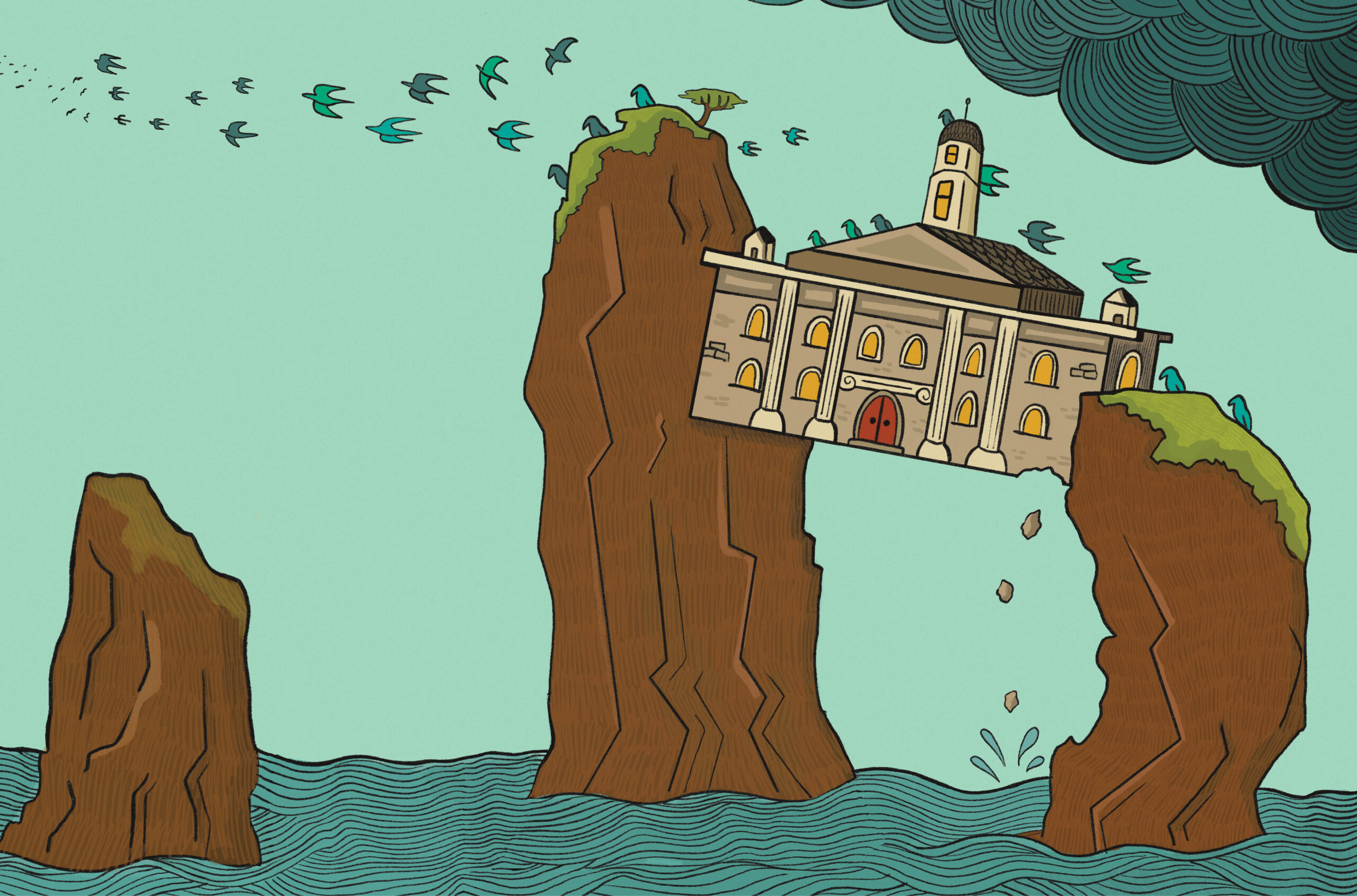New guide helps researchers up their science communication game
Practical advice for how academics can learn to embrace science advocacy.

Few scientists take advantage of the role they could play in informing policymakers on important issues. Published in the fall, An Essential Guide to Science Advocacy is intended to equip academics to interact with federal and provincial politicians.
The new guide was initiated by Senator Stanley Kutcher and chief scientist of Québec, Rémi Quirion, and developed by Evidence for Democracy, with support from the Fonds de recherche du Québec.
“Even after a dozen years as Quebec’s chief scientist, I’m still somewhat taken aback by how naïve some researchers are when it comes to interacting with governing bodies, be it on a national, provincial, or even municipal level,” said Dr. Quirion during a webinar last November to launch the guide.
It’s a sentiment that’s echoed in the corridors of power. MPs like Maxime Blanchette-Joncas, Bloc Québécois MP for Rimouski-Neigette-Témiscouata-Les Basques and vice-chair of the Parliament’s standing committee on science and research have begun speaking out about the matter. “The greatest difference between scientists who get heard, and those who don’t, is that those who get heard are the ones who show up,” said Mr. Blanchette-Joncas. “Too many researchers are missing out on their chance to be heard.”
And yet, as a recent survey by the Canadian Science Policy Centre highlights, scientistss and their research would receive a warm welcome from government policymakers. The results of the survey were published in a report last October. It highlighted parliamentarians’ clear desire to integrate science and research into the framework of public policy. The report also suggested introducing a non-partisan scientific advisor to provide them with timely, accessible and understandable science-based knowledge to be used in their work.
A practical guide
A French version of the report was also made available “because we want to see more Quebecers and Francophones involved in the dialogue on issues of science policymaking,” said Julie Dirwimmer, senior advisor, science and society relations, in the office of the chief scientist of Québec.
The guide covers three main points: an overview of governments and the policymaking process, how to inform policy and persuasive communication.
Including the overview might seem a bit like overkill, but as Senator Rosa Galvez knows, you can’t take for granted people’s understanding of government . She tries to do her own part to demystify the inner workings of the government by publishing information on navigating the legislative process on her website. As a former faculty member in the civil and water engineering department at Université Laval, Senator Galvez appreciates what it’s like to be on the other side. “It’s important to familiarize yourself with the legislative process, because otherwise, you’re flying blind,” she said.
Part two of the guide provides several entry points through which scientists can better connect and engage with policymakers, whether it’s viewing meetings as opportunities to build relationships instead of as a series of transactions or participating in pre-budget consultations by preparing a pre-budget submission. Dr. Quirion believes establishing long-term relationships of trust should remain every science advocate’s priority. “Going up to Ottawa once a year to speak with representatives just won’t cut it,” he said. “You might as well just not go. You need to have a strategy, keep hammering home your point, to really develop a bond of trust.” For Ms. Dirwimmer, it’s about mobilizing the entire scientific community. “We’re far more likely to be heard as a group than if we’re just a few isolated individuals,” she added.
Since communication is at the heart of any scientific advisory approach, it’s no surprise that the third section of the guide focuses on the art of persuasion. The best way to grab a politician’s attention, Mr. Blanchette-Joncas said, is to “keep it short and sweet. Give concise, evidence-based information, and try to distill your message into something simple enough to be read in a few minutes.”
Case in point: the guide boils down science advocacy to the essentials in a short, 22-page document.
Pascale Castonguay is the Francophone editor for University Affairs.
Featured Jobs
- Veterinary Medicine - Faculty Position (Large Animal Internal Medicine) University of Saskatchewan
- Education - (2) Assistant or Associate Professors, Teaching Scholars (Educational Leadership)Western University
- Business – Lecturer or Assistant Professor, 2-year term (Strategic Management) McMaster University
- Psychology - Assistant Professor (Speech-Language Pathology)University of Victoria
- Canada Excellence Research Chair in Computational Social Science, AI, and Democracy (Associate or Full Professor)McGill University















Post a comment
University Affairs moderates all comments according to the following guidelines. If approved, comments generally appear within one business day. We may republish particularly insightful remarks in our print edition or elsewhere.
1 Comments
An Essential Guide to Science Advocacy is essential reading for every scientist working in Canada. This guide will help our scientists move their research from the book shelf and into action through meaningful engagement with the public and decision makers. A “Team Canada” approach with universities, industry, government, and an informed public working together can take on the big challenges facing our world today.